APPLICATIONS OF POLITICAL THEORY
Series Editors: Harvey Mansfield, Harvard University, and Daniel J. Mahoney, Assumption College
This series encourages analysis of the applications of political theory to various domains of thought and action. Such analysis will include works on political thought and literature, statesmanship, American political thought, and contemporary political theory. The editors also anticipate and welcome examinations of the place of religion in public life and commentary on classic works of political philosophy.
Reason, Revelation, and Human Affairs: Selected Writings of James V. Schall, edited and introduced by Marc D. Guerra
Faith, Reason, and Political Life Today, edited by Peter Augustine Lawler and Dale McConkey
Masters and Slaves: Revisioned Essays in Political Philosophy, by Michael Palmer
Tyranny in Shakespeare, by Mary Ann McGrail
Sensual Philosophy: Toleration, Skepticism, and Montaignes Politics of the Self, by Alan Levine
Gladly to Learn and Gladly to Teach: Essays on Religion and Political Philosophy in Honor of Ernest L. Fortin, A.A., edited and introduced by Michael P. Foley and Douglas Kries
Dissent and Philosophy in the Middle Ages: Dante and His Precursors, by Ernest L. Fortin; translated by Marc A. LePain
Behemoth Teaches Leviathan: Thomas Hobbes on Political Education, by Geoffrey M. Vaughan
The Dialogue in Hell between Machiavelli and Montesquieu: Humanitarian Despotism and the Conditions of Modern Tyranny, by Maurice Joly; edited and translated by John S. Waggoner
Cultivating Citizens: Soulcraft and Citizenship in Contemporary America, edited by Dwight D. Allman and Michael D. Beaty
Liberty, Wisdom, and Grace: Thomism and Democratic Political Theory, by John P. Hittinger
The Paradox of Philosophical Education: Nietzsches New Nobility and the Eternal Recurrence in Beyond Good and Evil, by J. Harvey Lomax
Faith, Morality, and Civil Society, edited by Dale McConkey and Peter Augustine Lawler
History of American Political Thought, edited by Bryan-Paul Frost and Jeffrey Sikkenga
Totalitarianism and the Prospects for World Order: Closing the Door on the Twentieth Century, by Aleksandras Shtromas; and edited by Daniel J. Mahoney and Robert Faulkner
Liberalism under Siege: The Political Thought of the French Doctrinaires, b6y Aurelian Craiutu
Assault on Ideology, second edition, by James F. Pontuso
Platos Cleitophon: On Socrates and the Modern Mind, edited, introduced, and translated by Mark Kremer
The editors gratefully acknowledge permission to reprint material from the following journals: Canadian Journal of Political Science, Interpretation, Ancient Philosophy , and The Review of Politics .
LEXINGTON BOOKS
Published in the United States of America
by Lexington Books
An imprint of The Rowman & Littlefield Publishing Group, Inc.
4501 Forbes Boulevard, Suite 200, Lanham, Maryland 20706
PO Box 317
Oxford
OX2 9RU, UK
Translation, introduction, and essay Copyright 2004 by Lexington Books
All rights reserved. No part of this publication may be reproduced, stored in a retrieval system, or transmitted in any form or by any means, electronic, mechanical, photocopying, recording, or otherwise, without the prior permission of the publisher.
British Library Cataloguing in Publication Information Available
Library of Congress Cataloging-in-Publication Data
Platos Cleitophon : on Socrates and the modern mind / edited by Mark Kremer.
p. cm.(Applications of political theory)
Includes bibliographical references and index.
9780739158920
1. Plato. Clitophon. 2. Socrates. 3. Justice (Philosophy)Early works to 1800. I. Kremer, Mark, 1963II. Plato. Clitophon. English. III. Series.
B391.C53P57 2004
184dc22
2004000812
Printed in the United States of America
 The paper used in this publication meets the minimum requirements of American National Standard for Information SciencesPermanence of Paper for Printed Library Materials, ANSI/NISO Z39.481992.
The paper used in this publication meets the minimum requirements of American National Standard for Information SciencesPermanence of Paper for Printed Library Materials, ANSI/NISO Z39.481992.
To my mother and father
PREFACE
A book about the Cleitophon is in need of an apology since it is by far the shortest of the Platonic dialoguesonly a few pages long. To judge it by its size, however, is to do it an injustice, yet it is the case that the current tradition of Platonic scholarship has proclaimed it as incomplete, inauthentic, or spurious. A book, therefore, is needed in order to restore the Cleitophon to its rightful place in the Platonic corpus. Slings book took a step in that direction, but he self-consciously avoided any attempt at a comprehensive interpretation of the meaning of the dialogue, whereas I am of the opinion that a presentation of the dialogues coherent meaning will do more to establish its authenticity and completeness than any philological study.
My main purpose is not, however, to debate the Platonic corpus. Having reflected on Nietzsches criticisms of Plato, I thought it necessary to discover a fresh Plato and so I turned to the Cleitophon because Cleitophons rejection of Socratic philosophy in the Republic seemed to me to have decisive similarities to Nietzsches. Furthermore, the aporetic character of the Cleitophon is remote from the metaphysical dogmatism with which Nietzsche painted Plato, and, therefore, the Cleitophon promised to provide a nondogmatic understanding of philosophy.
The understanding of philosophy portrayed by the Cleitophon is so far from being dogmatic that it is aware of itself as an awareness that cannot offer proof and that cannot even be understood by anyone other than those who have it or the potential for it. Philosophy is, therefore, not primarily reasoning but insight and it is the peculiar nature of the insight and the man capable of it that needs elaboration and characterization.
If I have failed in my attempt to discover a Socrates worthy of being Nietzsches antagonist and even critic, I am at least consoled by the nobility of the ambition and by the possibility that those more worthy of such an undertaking will follow.
My interpretive essay is an expanded version of an article that originally appeared in The Review of Politics. David Roochnik, Clifford Orwin, and Jan Blits were the first to revive the Cleitophon as a comprehensive work worthy of the deepest reflections. Their essays originally appeared in Ancient Philosophy, The Canadian Journal of Political Science, and Interpretation: A Journal of Political Philosophy, respectively. I would like to thank the authors and the editors of the journals for their kind permission to reprint. I am also grateful to Naomi Lomba-Gomes and Meghan Gallagher for their generous and tireless assistance in assembling the manuscript.
Mark Kremer
December 2003
Part I
Introduction
Cleitophon
Interpretive Essay
INTRODUCTION
Western civilization depends upon the possibility of a life according to nature as opposed to tradition or to the authority of the gods. Socrates was the first to embody the possibility of a life according to nature, though there were philosophers before him who claimed to have discovered nature and who lived without traditional authority. But these pre-Socratic philosophers, of whom Socrates was one before becoming the Platonic Socrates, understood nature as material. Man, however, cannot live as either atom or element. The pre-Socratic philosophers were devoted to truth, yet such devotion is in conflict with the meaninglessness of materialism and proves that they could not live with their own understanding of nature. They were worshippers of the stone or men with scientific opinions but religious instincts that betrayed their science. Consequently there could be no pre-Socratic portrayal or defense of a life according to nature. Life and nature were in conflict with one another. This conflict meant that in order for man to live he had to either return to the belief in the gods or he had to understand nature in a manner that supported philosophy or the mind. Plato or his Socrates took the latter path and, therewith, founded the Western tradition of political philosophy.


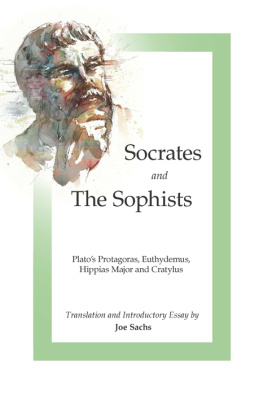

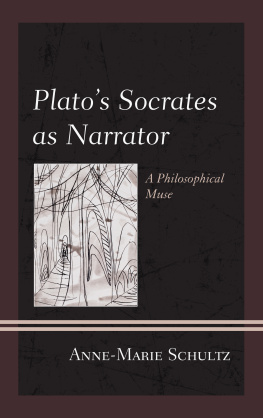

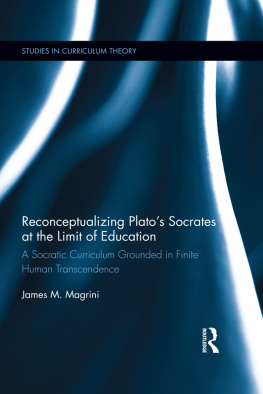
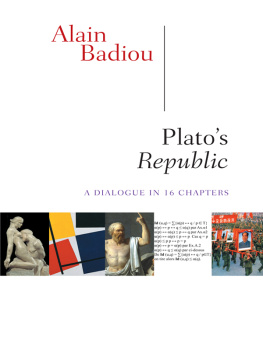
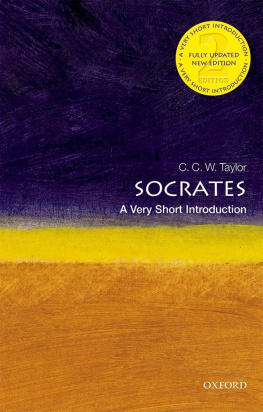
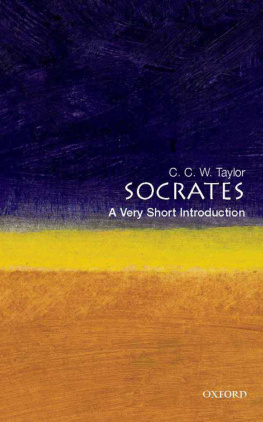
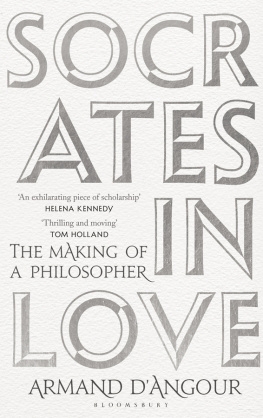
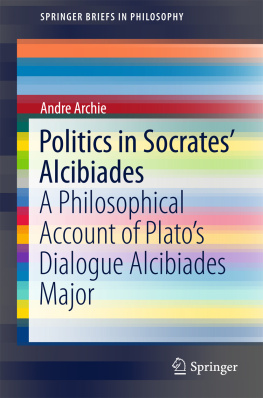
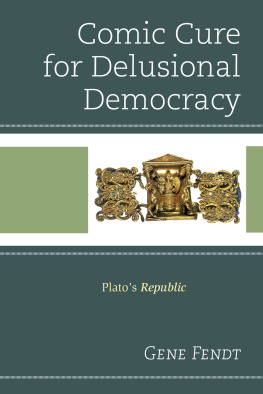
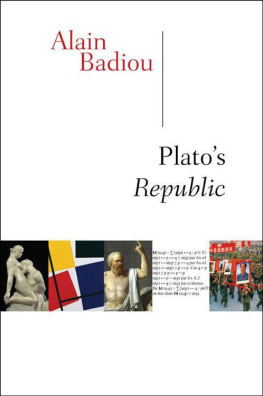
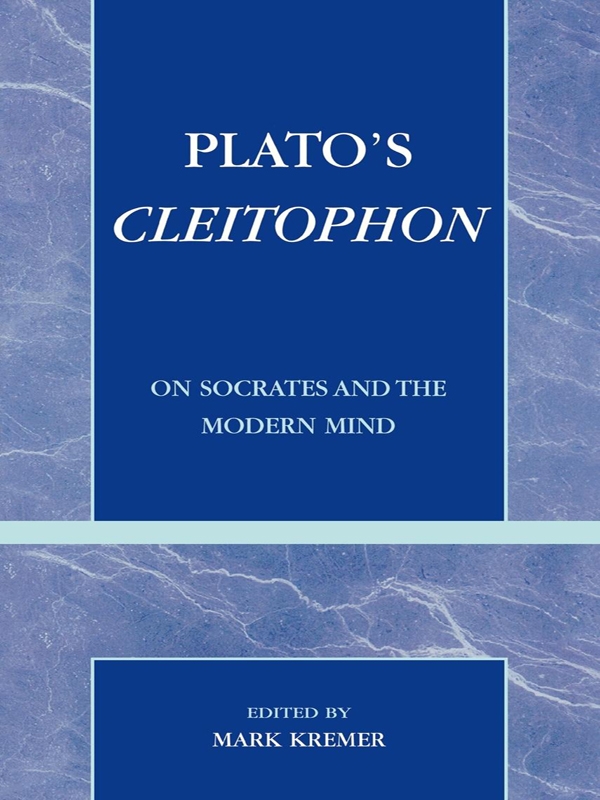
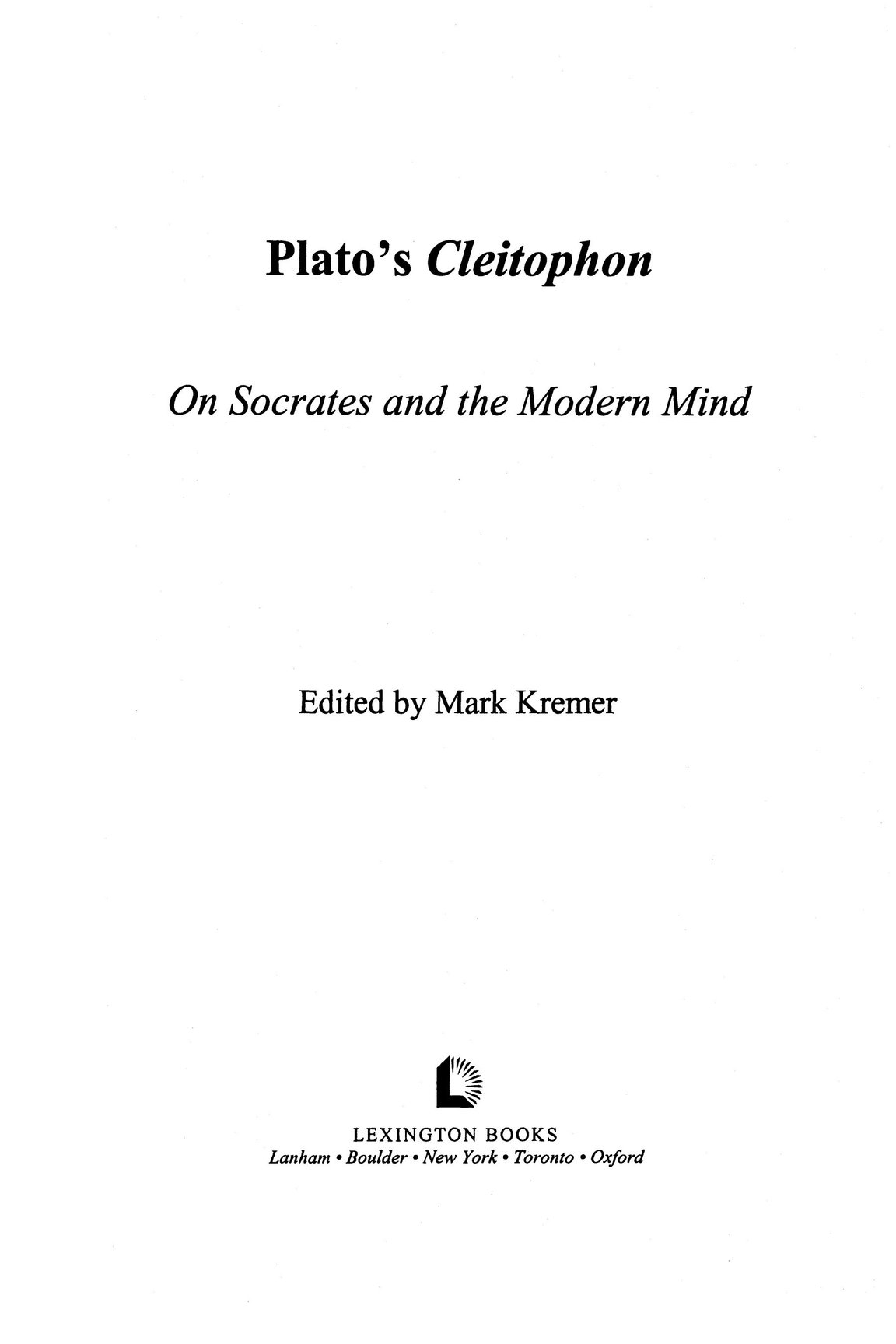
 The paper used in this publication meets the minimum requirements of American National Standard for Information SciencesPermanence of Paper for Printed Library Materials, ANSI/NISO Z39.481992.
The paper used in this publication meets the minimum requirements of American National Standard for Information SciencesPermanence of Paper for Printed Library Materials, ANSI/NISO Z39.481992.